National Children’s Dental Health Month
February 6th, 2019

February is National Children’s Dental Health Month, and a perfect time for Dr. HJ Turner and Dr. DJ Turner to review some of the important steps in keeping your child’s smile healthy!
Your Baby
Early care is best! Even before teeth appear, the American Dental Association recommends gently wiping your baby’s gums with a clean, moist gauze pad or washcloth after feeding. When his or her first tooth arrives, it’s time to schedule your child’s first visit. Our office will be happy to answer any questions you might have about brushing tools and techniques. This is also an opportunity to check not only tooth health, but jaw and teeth development. Check your baby’s teeth regularly, and call us if you have any concerns.
Your Preschooler
By the time children are three, they will probably have all or most of their baby teeth. Brushing your child’s teeth twice a day with a soft-bristled, child-sized brush is a great model for when your child begins brushing on his or her own. And when teeth begin to touch, flossing your child’s teeth is recommended once a day as well. Remember to schedule regular checkups at our Spartanburg, SC office, and help make your toddler’s visit positive by reading books or watching videos about visiting the dentist, using playtime to practice things that might happen in the dentist’s chair (such as opening his or her mouth to count teeth), and planning visits during times your child is well-rested.
Your School-Age Child
Your child might be ready to take on brushing and flossing while you supervise, and there are many ways you can encourage both reluctant and enthusiastic brushers! The ADA recommends two minutes of careful brushing twice a day, or as directed by your dentist or physician. You can use these four important minutes to tell your child stories, listen to music, or brush together. Your child can help choose his or her toothbrush and toothpaste, or earn stickers for a brushing job well done. Stick to a routine for best results, and schedule regular checkups and cleanings to protect your child’s overall dental health. This is also an important age to check bite alignment, any potential orthodontic issues, and the possibility of sealants.
February might be the shortest month, but it’s a great time to consider your child’s life-long smile. If you have any questions or concerns, the team at our Spartanburg, SC office is always happy to discuss them with you—any time of year!

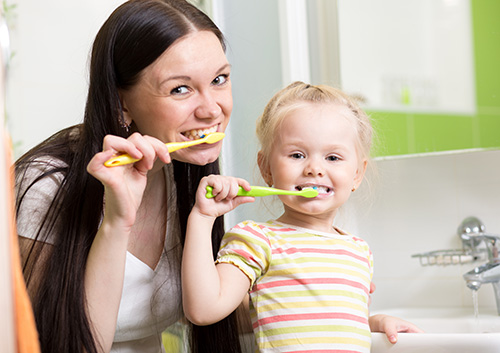

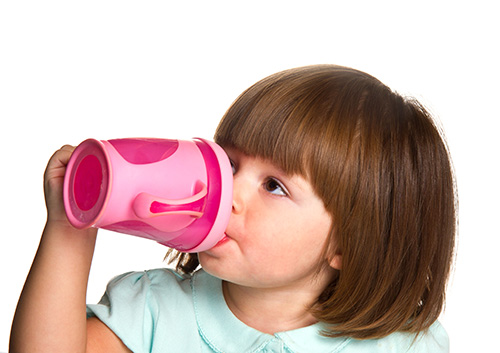


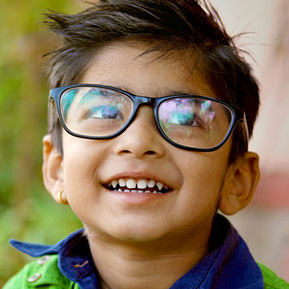
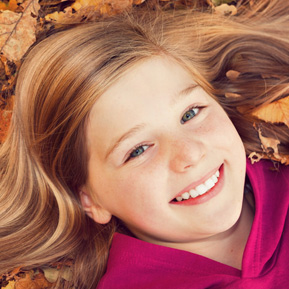
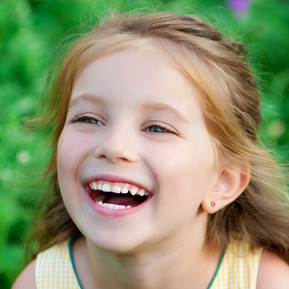

 Website Powered by Sesame 24-7™
Website Powered by Sesame 24-7™
